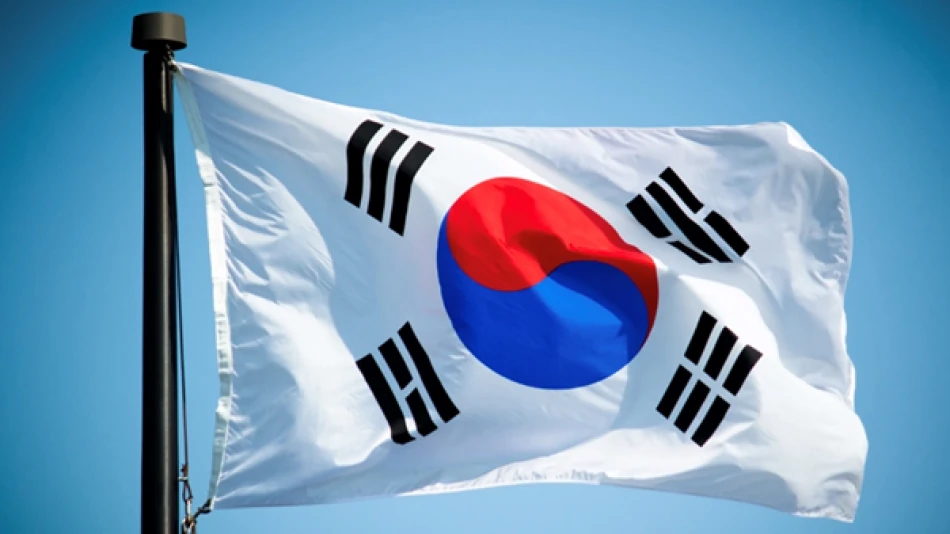
South Korean First Lady and Prime Minister Accused of Misconduct
South Korea's Political Purge Deepens as Former First Lady and PM Face Criminal Charges
South Korea's sweeping investigation into the martial law crisis has escalated dramatically, with special prosecutors filing criminal charges against Kim Keon Hee, wife of imprisoned former President Yoon Suk Yeol, and former Prime Minister Han Duck-soo. The charges signal an unprecedented dismantling of the previous conservative administration's leadership circle following December's failed martial law declaration.
Liberal Government's Strategic Offensive
The charges represent the latest phase of three separate special investigations launched by liberal President Lee Jae-myung's administration, systematically targeting the remnants of Yoon's conservative presidency. This coordinated legal assault goes beyond typical political transitions in South Korea, suggesting a deliberate strategy to neutralize conservative opposition and consolidate liberal control.
Yoon, who was impeached in April and re-arrested last month, now faces the complete dismantling of his political network. The targeting of his wife marks a particularly aggressive move, as spouses of former presidents rarely face criminal prosecution in South Korean politics.
Martial Law Fallout Continues to Expand
The December martial law decree has become the catalyst for South Korea's most significant political upheaval since democratization in the 1980s. Already, Yoon's Defense Minister, Safety Minister, and numerous high-ranking military commanders and police officials have been arrested for their roles in the martial law implementation.
Constitutional Crisis Aftermath
The failed martial law attempt exposed deep fractures within South Korea's democratic institutions and military command structure. The ongoing arrests suggest prosecutors believe the decree involved a broader conspiracy extending beyond Yoon's immediate circle to include family members and senior government officials.
Regional Implications for Democratic Stability
South Korea's political crisis carries significant implications for regional stability, particularly as tensions with North Korea remain elevated and the country serves as a key U.S. ally in Northeast Asia. The systematic prosecution of former officials could either strengthen democratic institutions by demonstrating accountability or deepen political polarization.
Unlike similar political transitions in neighboring democracies like Taiwan or Japan, South Korea's approach appears more comprehensive and punitive. This reflects the country's unique history of military coups and the particular sensitivity surrounding any attempt to impose martial law.
Long-term Political Realignment
The charges against Kim Keon Hee and Han Duck-soo suggest President Lee's administration is pursuing a complete political realignment rather than a standard transfer of power. By targeting both the former president's family and key allies, the liberal government appears intent on preventing any potential conservative comeback.
This strategy mirrors tactics used during previous political transitions in South Korean history, where incoming administrations have prosecuted predecessors to cement their legitimacy and neutralize opposition. However, the scope and intensity of the current investigations exceed most historical precedents, potentially setting new standards for political accountability in the country's democracy.
Most Viewed News

 Layla Al Mansoori
Layla Al Mansoori






